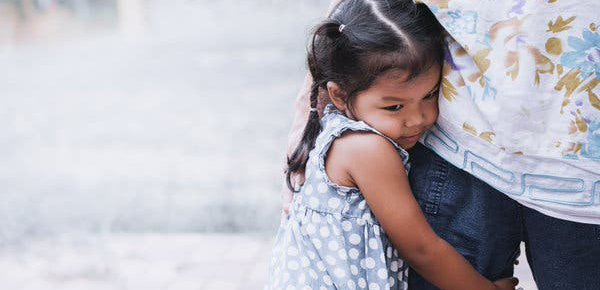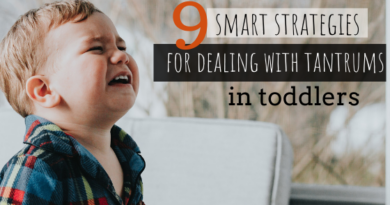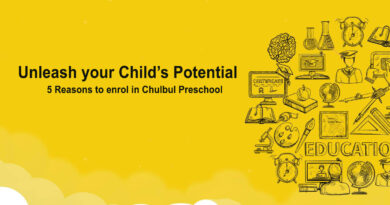Easing Preschool Separation Anxiety: 10 Effective Tips for Parents and Children
Preschool separation anxiety is a common challenge faced by both parents and children as they adjust to a new routine and environment. Fortunately, with a little preparation and the right strategies, you can make this transition smoother and help your child feel more comfortable in their new surroundings. In this article, we will share 10 effective tips to help you and your child overcome preschool separation anxiety and foster a positive attitude towards school.
1. Gradually Introduce the Idea of Preschool
Ease your child into the idea of preschool by discussing it in a positive light weeks before they start. Share stories about the fun activities they will be doing, the new friends they will meet, and the caring teachers who will guide them. This helps create a sense of familiarity and excitement around the idea of preschool.
2. Visit the Preschool Together
Take your child on a tour of the preschool to explore the environment together. Allow them to observe the classrooms, play areas, and other facilities. Introduce your child to their teachers and encourage them to ask questions or share any concerns they might have. Familiarity with the environment can help alleviate some anxiety.
3. Establish a Goodbye Ritual
Creating a consistent and predictable goodbye routine can help ease separation anxiety for both you and your child. This may include a special handshake, hug, or phrase that you say each time you part ways. By making goodbyes predictable and positive, your child will begin to feel more secure and confident during drop-off.
4. Encourage Independence
Encourage your child to develop independence by practicing self-help skills at home. This can include getting dressed, putting on shoes, and packing their school bag. Feeling capable of handling these tasks can help boost your child’s self-confidence and ease anxiety about being away from you.
5. Share Your Own Experiences
Share stories about your own school experiences, focusing on the positive aspects and how you adjusted to being away from your parents. This can help normalize separation anxiety and reassure your child that it’s a common experience.
6. Provide a Comfort Object
Allow your child to bring a small comfort object from home, such as a stuffed animal or special blanket. This can provide a sense of security and familiarity, making it easier for them to cope with being away from you.
7. Keep Your Emotions in Check
Children can easily pick up on their parent’s emotions. If you are anxious or upset during drop-off, it may exacerbate your child’s anxiety. Try to remain calm and positive, reinforcing the message that preschool is a safe and enjoyable place to be.
8. Maintain a Consistent Routine
A predictable daily routine can help your child feel secure and comfortable, both at home and at preschool. Establish consistent wake-up times, mealtimes, and bedtime routines, as well as a regular drop-off and pick-up schedule. This consistency can help reduce anxiety and make the transition to preschool smoother.
9. Offer Reassurance
Let your child know that it’s normal to feel nervous or anxious about starting preschool. Offer reassurance by explaining that they will become more comfortable as they get used to their new environment and routine. Remind them that you will always be there to pick them up at the end of the day and that you are proud of them for taking this big step.
10. Stay Connected with the Teachers
Regular communication with your child’s teachers can help you stay informed about their progress and address any concerns as they arise. If your child is struggling with separation anxiety, their teachers can provide valuable insights and support to help both of you navigate this challenge.
Conclusion
Separation anxiety is a natural part of starting preschool for many children and parents. However, by following these 10 practical tips, you can make the transition smoother and help your child develop a positive attitude towards school. Remember, it’s essential to remain patient and supportive during this period of adjustment, as your child is learning to adapt to a new environment and routine. Over time, you’ll likely see your child’s confidence grow and their anxiety subside, allowing them to enjoy their preschool experience fully.




